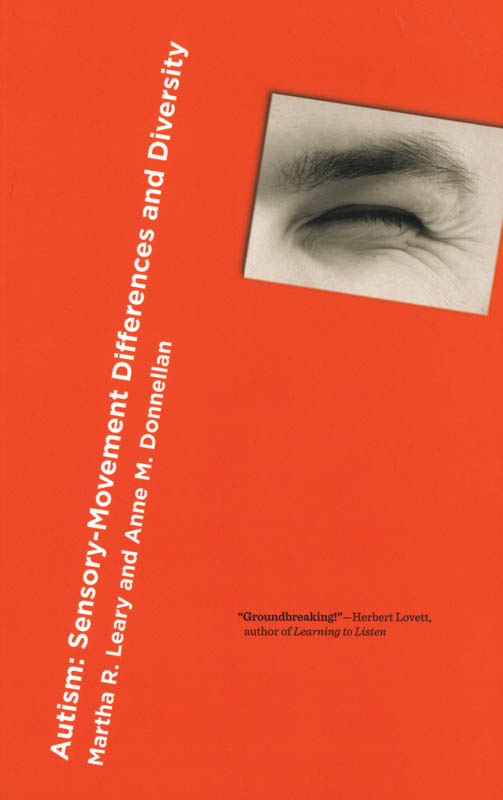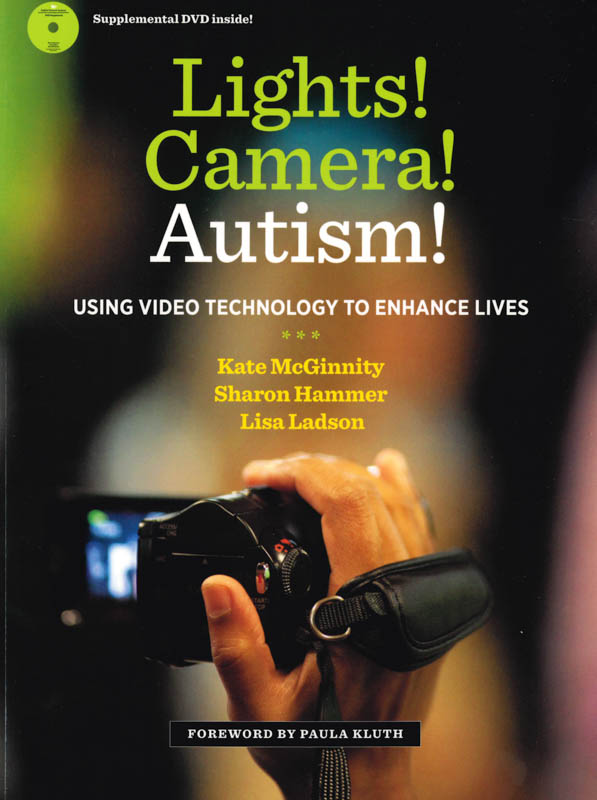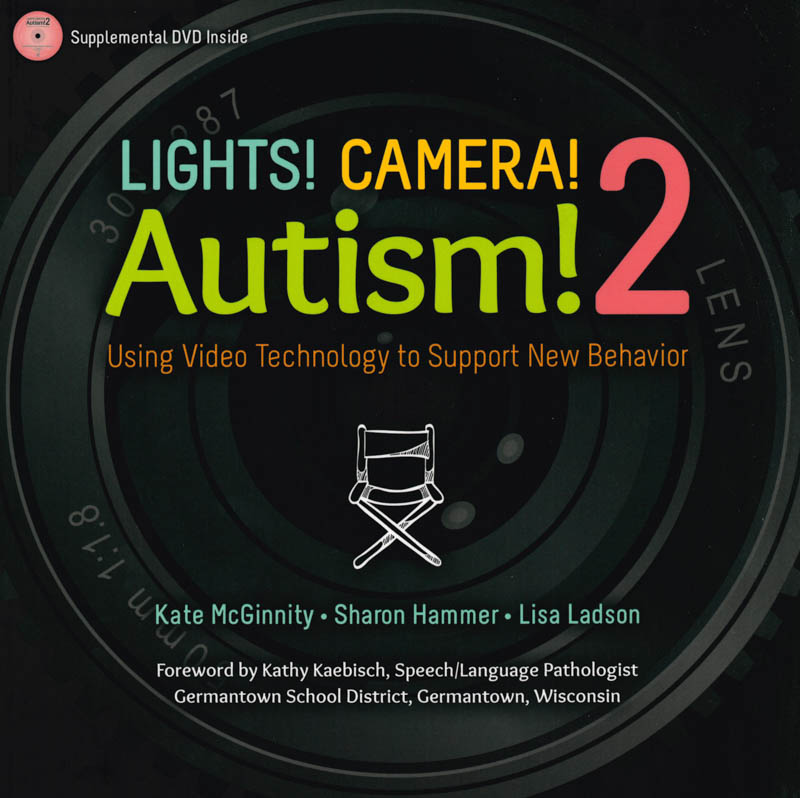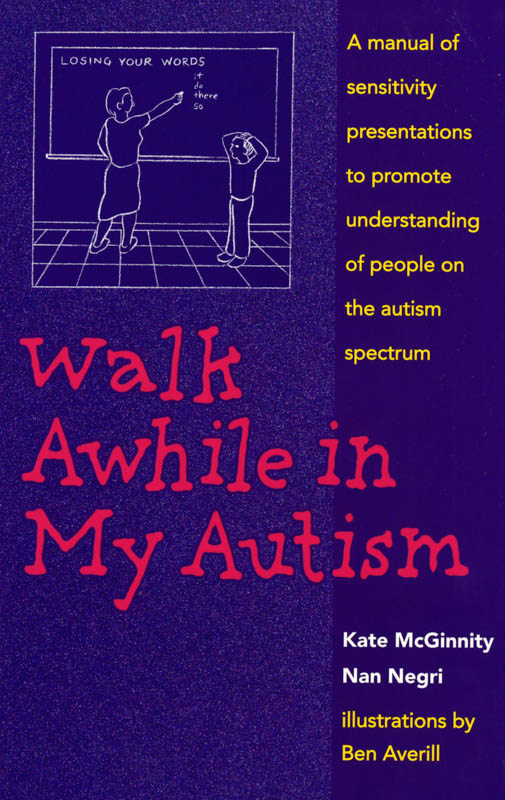
Font resizer
Translate this page
1. Responding Well To Challenging Behaviours
Based on the two-day Responding Well to Challenging Behaviours workshop facilitated by Ann Greer, we present an On Demand Webinar Series which aims to encourage participants to understand more about the situations in which people with 'challenging behaviour' find themselves and explore how they can best respond to support the person. Ann Greer, a parent from regional Queensland, is a behavioural support consultant who is passionate about ensuring people with disabilities get the best opportunities to live the good life. Her son is her greatest teacher.
These on-demand videos provide practical insights & tools, so that people can be supported with compassion, collaboration & respect. They are a useful resource for families, friends & paid supporters & can also be used for training and development.
What's Included:
Session 1: Understanding the Basics
Grounded in the developmental model, Ann teaches us to understand behaviour as a form of communication.
Learn techniques for responding, without the need for consequences and punishments.
Session 2: Strategies for Responding Well
De-escalating and co-regulating behaviour by observing event settings, behavioural ‘whispers’ and triggers.
Ann encourages neutral language, paying attention to non-verbal behaviour and avoiding making assumptions.
Session 3: When Behaviours are not 'Behaviours' as all
Behaviours can easily be misunderstood & underlying causes missed.
OCD, anxiety, epilepsy, movement differences, gut health, pain and past experiences can impact on what might be viewed as ‘challenging behaviour’.
Learn about the importance of responding to the underlying causes.
BONUS CONTENT: Q&A Session and Interview Featuring Rodney Mills
Purchase all three webinars to get exclusive access to two bonus videos: This includes an interview with Rodney Mills who is a presenter, consultant and trainer with lived experience of autism. As well as a Q&A Session where Ann responds to a range of common scenarios and questions that she gets asked during workshops and consultations.
About Rod Mills: Rod, for many years, was put in the ‘too hard basket’ as he was exhibiting “challenging behaviours”.
In the bonus video, he shares insights about living with OCD and autism and how he’s built a meaningful life no longer defined by these labels.
Where can I stream the content?
Once purchased it is also possible to watch these videos on your Smart TV, tablet or phone, or stream via Chromecast or Apple TV.
Find out more on the Vimeo website.
2. Sensory-movement Differences and Diversity
Building on the work of Anne Donnellan and Martha Leary, this series of two webinar recordings provides practical insights and tools so that people with autism and other sensory and movement differences can be better supported to live more independently. These videos are available for rent individually or as a series.
We hope that this a useful resource that you can easily share with your family and wider support network. The videos contain information and strategies that could also be used for staff training and development.
What's Included?
Session 1: An introduction to sensory-movement differences and diversity
The first video in the series builds an understanding of the diverse ways people experience the world and how this knowledge can be used to develop learning and behavioural approaches that are both collaborative and successful.
The manner in which a person handles incoming information is paramount in determining the most successful supports for an optimally independent, rich and full life. How do we get there? Let’s go together! Join us in this explanation & video demonstration of what occurs for individuals with sensory and movement differences and diversity.
Based on the work of Leary and Donnellan (2012), we use this understanding as a cornerstone for determining learning and behavioral approaches that are collaborative & successful for some of our most complex learners.
Session 2: Lights! Camera! Autism!
The second video explores ways people with autism and their supporters, can use video technology to address skill development, maintenance of skill, transition planning, employment, support staff training, and self-advocacy. All of this with an emphasis on supporting independence.
Video modeling! Video social stories! Power Point Social Stories! Power Point Portfolios! Movie clips to teach social skills! Video Practice sequences as memory support! Video Relaxation support! There is no end to the creative support that can be provided through the use of video technology.
This presentation, based on the books of the same name, reviews the research support for this technology and introduces ways of using video technology to address skill development, maintenance of skill, transition planning, employment, support staff training, and self-advocacy, all with an emphasis on supporting independence.
Where can I stream the content?
Once purchased it is also possible to watch these videos on your Smart TV, tablet or phone, or stream via Chromecast or Apple TV.
Find out more on the Vimeo website.
Also available
The following resources on movement difference and diversity are also available in our online bookstore:




